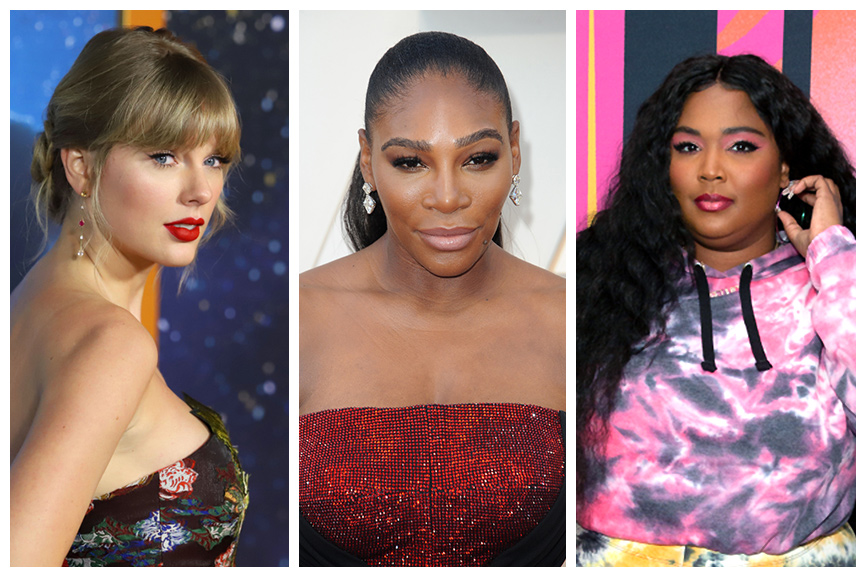
With all that is going on in the world, one area that we should be most optimistic about is how the medical community is taking bias in medicine head on. Especially where it has been skewed against women and even more so against minority women. There have already been many alarms sounded and research papers written on this subject in the past decade…and even a John Oliver take on this issue. But in this new decade, it will become headline news and ever more public alongside conversations driving the #MeToo movement, gender inequality in business and media, gun violence, and voting rights. Women have led the conversations in those arenas; they will be the leaders in health equity as well.
“Hey, just so you know, we’re more than incubators.” — Taylor Swift
Women, especially Millennials as they advance in their careers and lives, have already driven investments and open conversations around fertility health. That’s been great, even as more research needs to go into understanding pregnancy and how that affects overall health. Women, pregnant women, and minority pregnant women, are under-researched, under-represented and usually purposely excluded in studies.
An even greater gap is that there is such a focus on reproduction. Women’s health should not be synonymous with reproductive health. Many of us only see our Ob-Gyn as a stand-in for primary care. Our annual health exams, when we hit puberty, is all about our sexual health. When we’re young, and if we’re lucky, there’s some sex ed thrown in hopefully taught by trained youth advocates. As we age, the focus is on mammograms and pap smears.
Yet, this excludes the fact that annual exams are not comprehensive for women. The leading cause of death for women is heart disease. Respiratory and pulmonary disease have been on the increase worldwide for women. And up to 78% of those with autoimmune disease are women. Our health should be understood in the whole. We are more than just our reproductive system and we deserve a full system biology view for greater preventive health.
“I just took a DNA test, turns out I’m 100% that bitch.” – Lizzo
From a health tech perspective, women should be empowered with their own medical data. Taking a DNA test, we should come out empowered by the information. And, importantly we, women and men alike, should own our own data. Just as there is a lot of disinformation now online and out in the world, clear data should shine the light on what is truth. In a world where women’s pain and instincts can be overruled and unheard, we should be able to bring data to the table. We should be our own truth-sayers and empowered to point to clear information so that we can not be ignored.
“I was like, listen to Dr. Williams!” — Serena Williams
There have been too many of us who have family and friends who have suffered because they were not heard. I have had a close family friend finally get a correct diagnosis too late after multiple doctors; the disease was already advanced by then with limited treatment options available. I have seen loved ones turn to pseudoscience and understand the appeal when you feel that other tools available in the medical system are blunt. When you are not listened to, it’s easy to turn to those who seem to at least hear you and believe you, even if there are no clinically proven solutions. There should be more science and less “art” of medicine. There should be bias training and more personally empowering and accessible data for individuals.
Looking ahead at these next 10 years, I’m optimistic about the changes and inspired by the many advocates raising their voices together. Here’s what we can all do:
- Commit to having a better understanding of your own personal health baseline and your family history; the more you know about your genetics, your physiology, your metabolism, the better.
- Speak up and ask your doctors/specialists for resources you are curious about. No, we may not all be medical professionals, but we know our bodies and we should know our options. Options matter.
- Talk about it with friends and family. Having a sounding board about our well-being is just as important as being heard by medical professionals. We can gather more information through our own trusted network to help us make better decisions.
Here’s to less bias in medicine. Let’s get more accessible and better data out. And believe in Science. Believe in Women.

